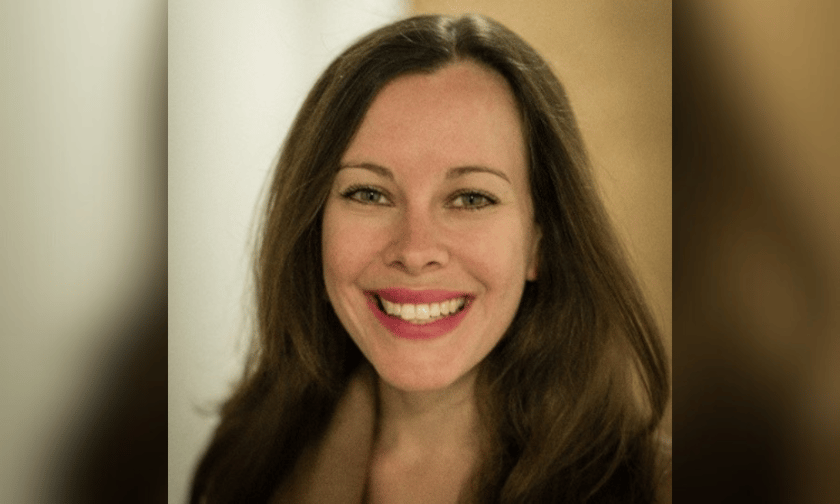

AXA XL has announced funding for an 18-month research project led by the Institute for Science, Innovation and Society (InSIS) in partnership with the Smith School of Enterprise and Environment at the University of Oxford.
The study aims to examine the role of the private sector in achieving net zero emissions in developing countries. Conducted under the University of Oxford’s Oxford Net Zero programme, the research focuses on equitable climate action in emerging economies.
The project will investigate how private sector organisations, including small and medium-sized enterprises (SMEs), contribute to net zero transitions in India, Kenya, and Mexico. It will specifically assess two sectors—food and beverage, and construction and buildings—while exploring responsible carbon offsetting practices in these regions.
Insights from the study are expected to have broader applicability across developing countries and emerging markets. The initiative aligns with AXA XL’s “Roots of Resilience” sustainability strategy, which seeks to address the social dimensions of the transition to a low-carbon economy.
Jessica Omukuti, research lead with Oxford Net Zero and InSIS, stated that previous work highlighted the need for a deeper understanding of net zero implementation in developing countries.
“This funding partnership with AXA XL will enable us to gain greater insights on how the private sector is approaching the transition and in particular its focus on equity and justice for communities in these regions,” Omukuti said.
Radhika Khosla, associate professor at the Smith School of Enterprise and Environment, outlined the project’s goals, which include identifying ways to support the private sector in maximising opportunities arising from the net zero transition.
Findings will be shared with public and private sector stakeholders in the three case study countries, offering insights into the challenges and opportunities faced by businesses working towards net zero goals.
Suzanne Scatliffe (pictured above), global head of sustainability at AXA XL, commented on the importance of an equitable transition to net zero. She highlighted the need to address both social and technical impacts to manage risks and support clients and communities effectively.
“By considering both the social and technical impacts of the transition, AXA XL aims to not only manage risk but also seize opportunities to better serve our clients and communities, aligning with their future needs,” Scatliffe said.
The research project, which began in September 2024, is scheduled to conclude in March 2026. Findings are expected to contribute to global discussions on sustainable development and climate equity in emerging economies.
What are your thoughts on this story? Please feel free to share your comments below.
